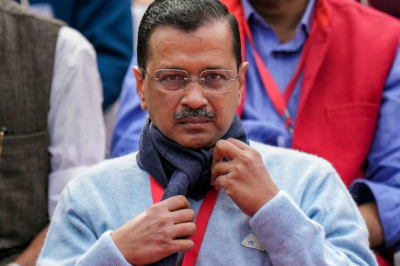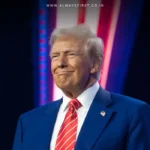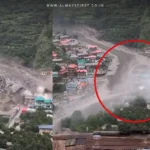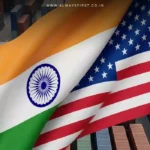
- Ongoing Legal Battle: The Supreme Court is set to continue the hearing on Delhi Chief Minister Arvind Kejriwal’s plea against his arrest by the Enforcement Directorate (ED) over the Delhi excise policy case.
- Yesterday’s Developments: During the previous session, the court queried why Kejriwal had not sought bail from the trial court, highlighting the complexity of the legal arguments involved.
- Judicial Custody Details: Kejriwal has been in judicial custody since April 1, following his arrest on March 21, and is currently held in Tihar jail.
What are the implications of this hearing for Kejriwal and the political landscape?
Today’s hearing could have significant ramifications not only for Kejriwal but also for the broader political dynamics in India. As the court examines the legality of the arrest and the absence of a bail request, it sheds light on the procedures and the perceived political pressures within such high-stakes cases.
The Supreme Court’s decision will be crucial in determining the next steps in this high-profile case involving allegations of corruption and misuse of power. It also tests the judiciary’s role in balancing enforcement actions with individual rights under the law, particularly in politically sensitive cases. This ongoing legal saga continues to capture the nation’s attention, reflecting on the delicate balance between politics and the rule of law.









































Leave a Reply